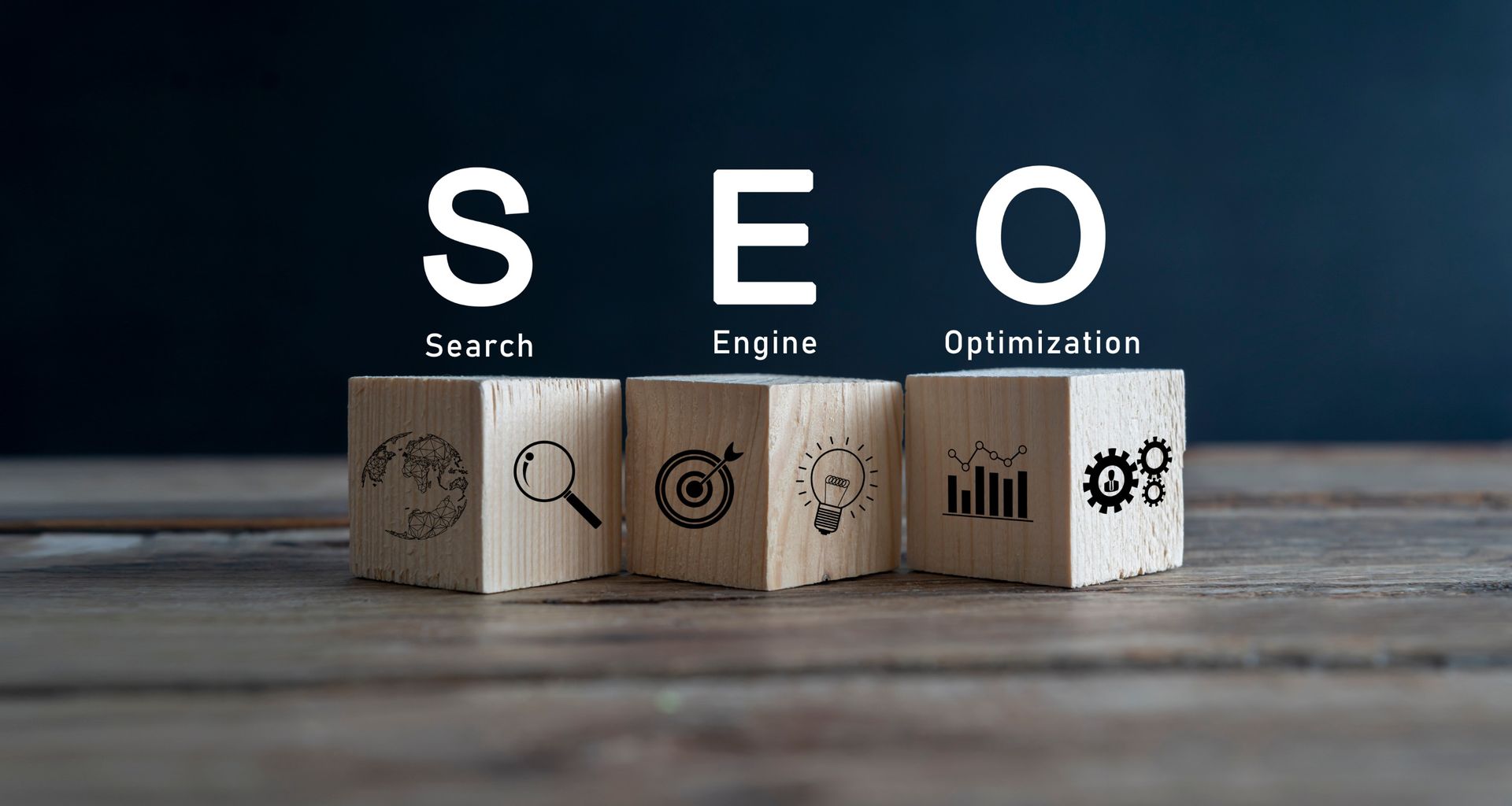The Role of SEO in Your Marketing Strategy and How to Optimize Your Website
The Role of SEO in Your Marketing Strategy and How to Optimize Your Website

As a small business owner, you know that marketing is crucial to the success of your business. With so many marketing strategies available, it can be challenging to know which ones to focus on. However, there's one strategy that should not be overlooked: search engine optimization (SEO).
SEO is the process of optimizing your website to rank higher in search engine results pages (SERPs). This is important because the higher your website ranks, the more likely people are to click on it and visit your site. In fact, studies have shown that the top three search results get over 60% of the clicks.
But why is SEO so important? Here are just a few reasons:
1. Increased visibility: When your website ranks higher in search results, more people will see it. This leads to increased visibility and brand awareness.
2. More traffic: As mentioned, the higher your website ranks, the more likely people are to visit it. This can lead to a significant increase in traffic to your site.
3. Better user experience: SEO involves optimizing your website for both search engines and users. This means that your site will be easier to navigate and more user-friendly, which can lead to better user experiences and increased customer satisfaction.
However, SEO is an ongoing process. It's not something you can do once and forget about. Search engines are constantly updating their algorithms and ranking factors, so you need to stay up-to-date with the latest best practices and make adjustments to your strategy as needed.
One of the most important aspects of SEO is keyword research. This involves identifying the keywords and phrases that people are using to search for your products or services. There are several tools you can use to conduct keyword research, including Google's Keyword Planner, SEMrush, and Ahrefs.
Once you have identified your target keywords, you need to optimize your website content around them. This includes incorporating them into your page titles, meta descriptions, headers, and content. However, it's important to avoid "keyword stuffing," which is the practice of overusing keywords in an attempt to manipulate search engine rankings. This can actually hurt your SEO efforts and result in penalties from search engines.
In addition to optimizing your on-page content, you also need to focus on building high-quality backlinks. Backlinks are links from other websites to your site, and they signal to search engines that your site is credible and authoritative. However, not all backlinks are created equal. You want to focus on building links from reputable websites in your industry, rather than spammy or low-quality sites.
Another important aspect of SEO is website structure. Your site should be easy to navigate and have a clear hierarchy. This helps search engines better understand your site and its content. You should also make sure your website is mobile-friendly, as more and more people are using mobile devices to search the web.
Finally, it's important to monitor your SEO results regularly. Use tools like Google Analytics to track your website traffic, rankings, and other important metrics. This will help you identify areas where you need to improve and make adjustments to your SEO strategy as needed.
In summary, SEO is a critical component of any small business marketing strategy. By optimizing your website for search engines, you can increase visibility, attract more traffic, and improve user experiences. However, it's important to stay up-to-date with the latest best practices and make adjustments to your strategy as needed to stay ahead of the competition. So, get started on your SEO journey today and watch your business grow!
Are you tired of spending countless hours and dollars on advertising campaigns that just don't seem to work? Get a FREE guide on 10 Proven Advertising Strategies.










